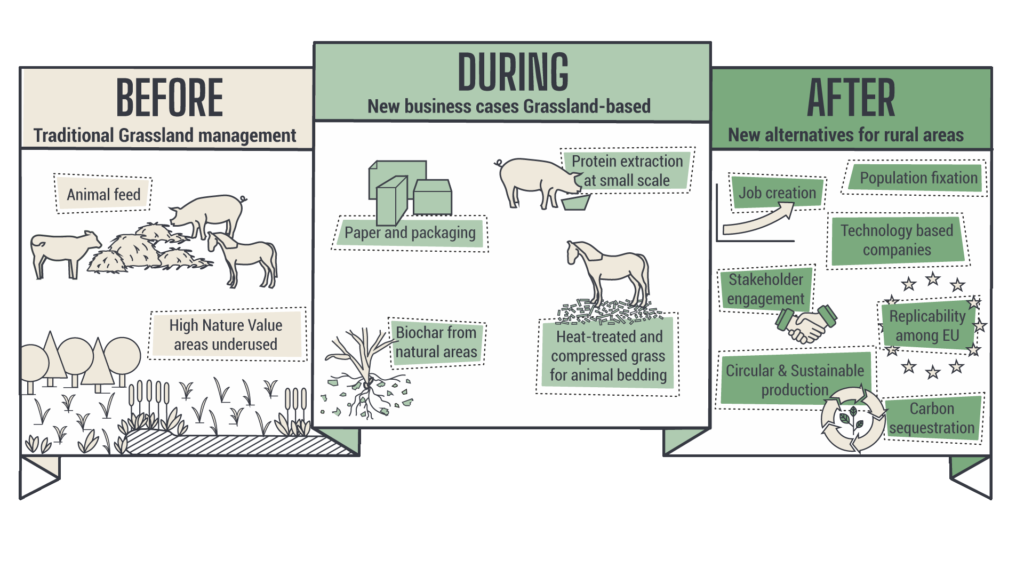Project
Why Go-Grass ?
Around 17% of the EU’s total surface area is covered by grassland. This resource is mostly left unused. Apart from the wasted potential, the neglect creates costs for individuals and the society.
GO-GRASS is committed to transform this untapped potential, making it usable, reducing imports of nutrients and dependence on fossil fuels and finding ways to provide the resulting benefits to strengthen rural communities.
Our objectives
Since October 2019, GO-GRASS is developing sustainable circular business models considering social, economic and environmental impacts in rural areas.
By harnessing regional assets, GO-GRASS aims to diversify and revitalise rural economies and provide quality jobs and opportunities in co-operation with entrepreneurs and local authorities.
Making grass a raw material for industrial processing offers farmers opportunities for organising new business models. GO-GRASS results show that farmers could work together in cooperatives to supply grass for processing, or that pre-treatment of the biomass could be undertaken by the farmers.
Farmers could install equipment for processing grass for e.g., animal bedding or biochar at farm-scale and work to develop a distribution network beyond the local area.
The project targets large-scale replication especially in remote communities with unexploited resources.
The GO-GRASS consortium consists of a multidisciplinary team of 22 partners from eight European countries (Germany, Spain, Denmark, Sweden, The Netherlands, Belgium, Romania and Hungary).
The project is built around four promising regional demonstration sites located in The Netherlands, Sweden, Germany and Denmark. At these demonstration sites, partners collaborate with farmers, research centres and local technological companies to create grass-based products.
The four Demos have proven that the value chains for processing grass into protein powder, animal bedding, fibres for paper making, and biochar can be established and offer market-ready products. Optimisation of the technologies for grass processing and market creation are fundamental requirements for establishing the grass-based value chains.
The economic feasibility of the value chains depends on the valorisation of side streams. Technologies for processing of side streams are available but a full valorisation of all side streams is often hampered by the lack of access to biogas grids, drying facilities or scale.
Logistics is a key to feasibility of grass-based value chains. Transportation of biomass for processing must be reduced to a minimum to keep costs down and preserve biomass quality.
Due to seasonality issues, it is important to consider handling and storage of the biomass in collaboration with public sector installations like compost facilities, or by farmers for storing e.g., baled dry grass.
Three follower partners from Hungary, Romania and Spain, are taking part in the project to determine if the solutions tested on the four demonstration sites can be be replicated in their regions.
The replication workshops were welcomed with great interest and different actors of the value chain jointly discussed the replication opportunities according to local conditions and needs. For example, in Hungary grassland farmers were interested in how they could make use of the surplus grass, and biochar producers were curious about other possible solutions and technological practices for developing their products.
4 Demo Sites
To develop new circular business models exploiting the underused potential of grass resources, GO-GRASS partners have tested a wide range of solutions in four promising regional demonstration sites located in The Netherlands, Sweden, Germany and Denmark.
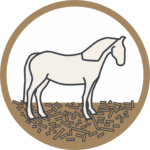
Animal bedding
in Sweden
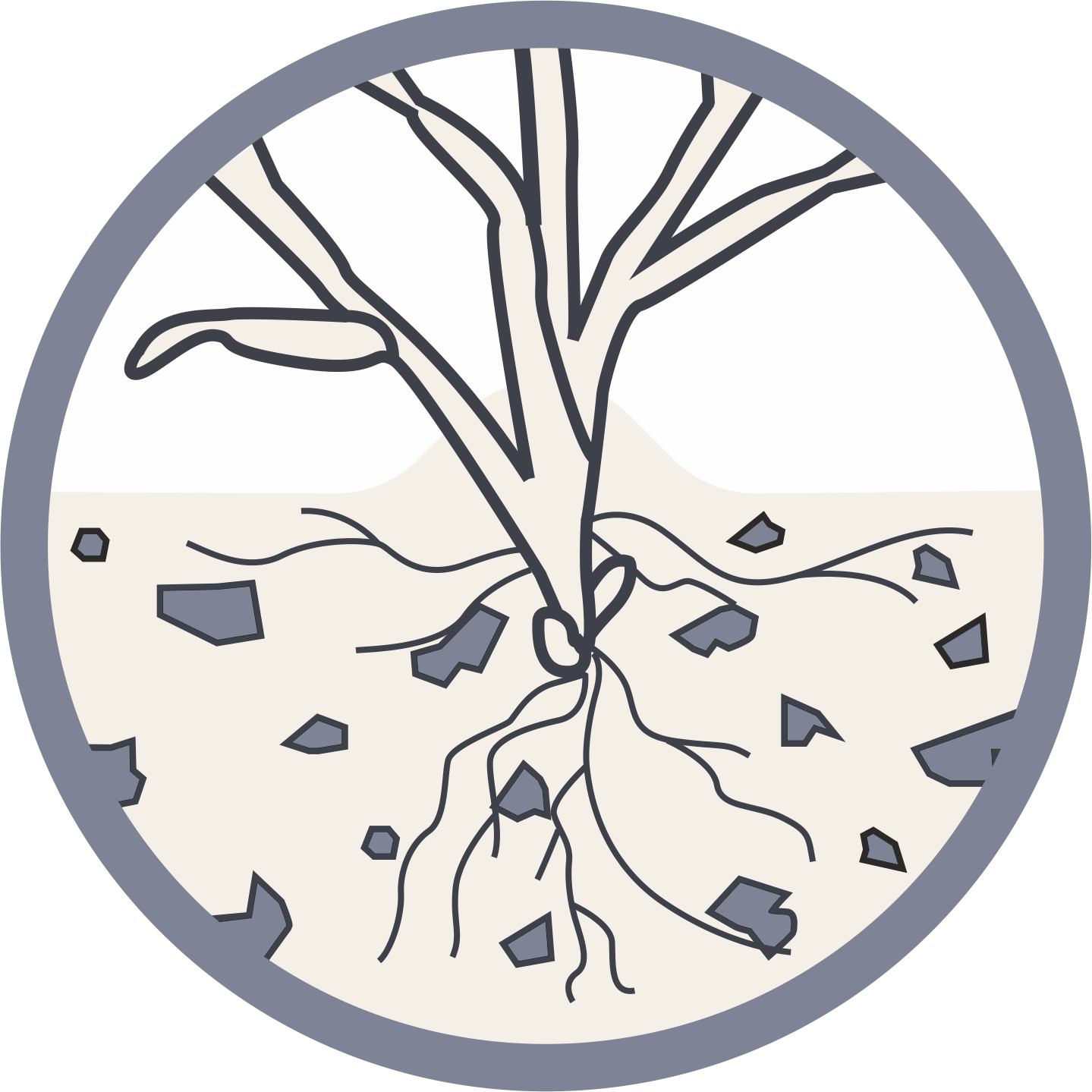
Biochar
in Germany
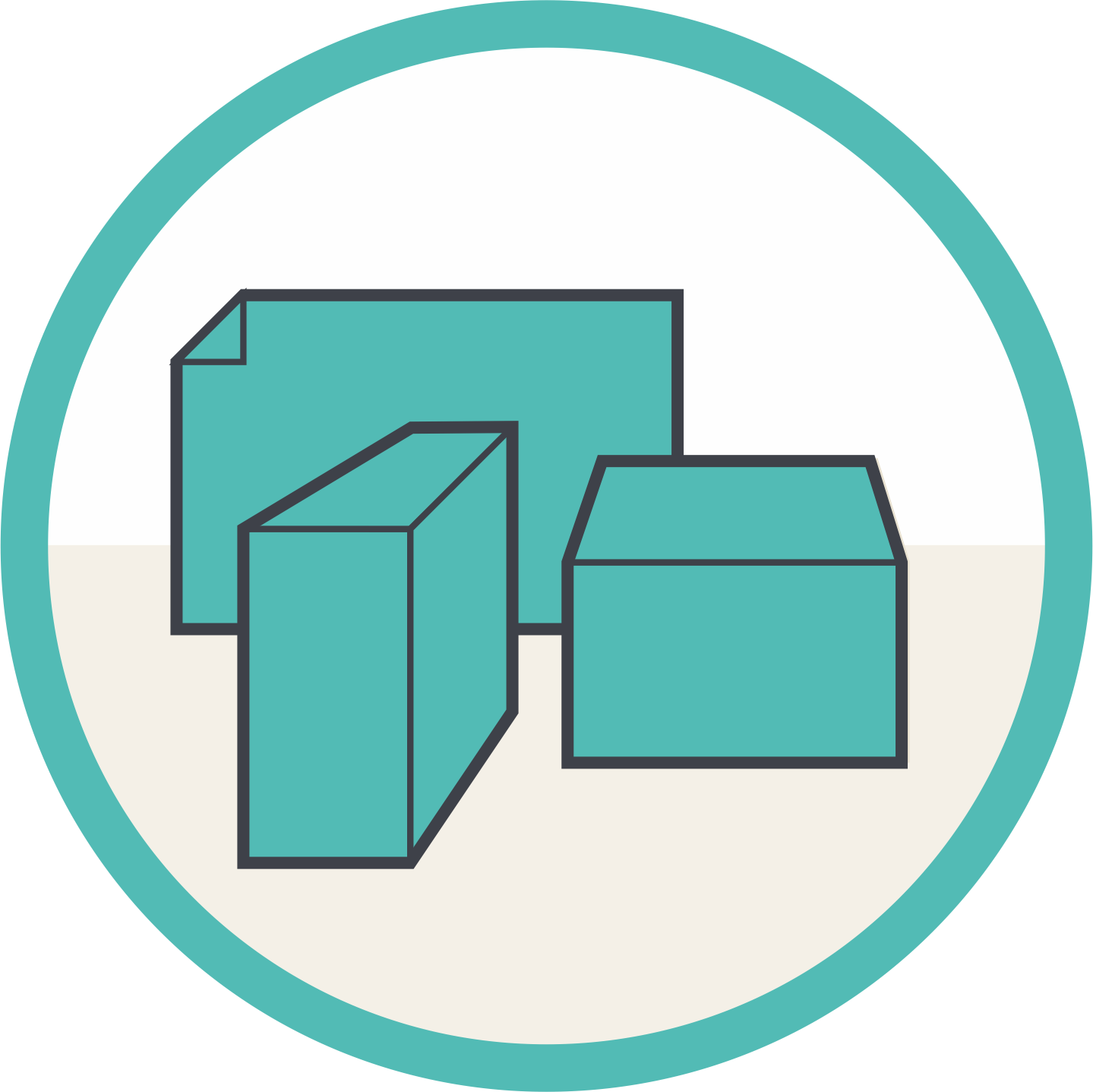
Paper & packaging
in the Netherlands
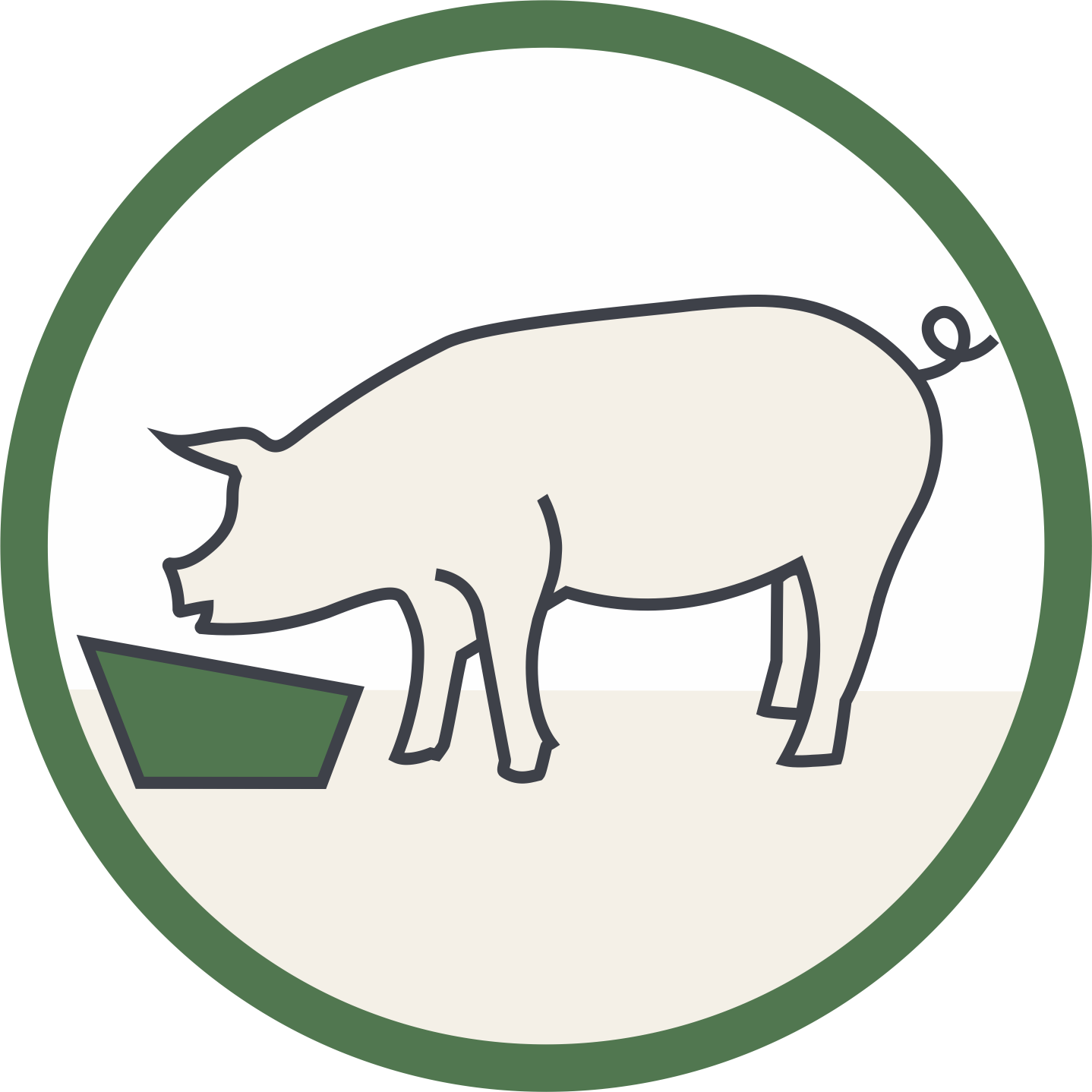
Organic protein
in Denmark
